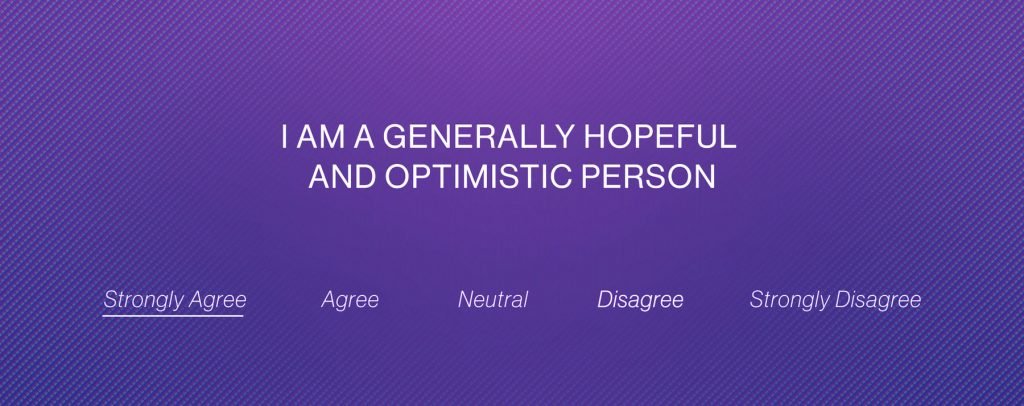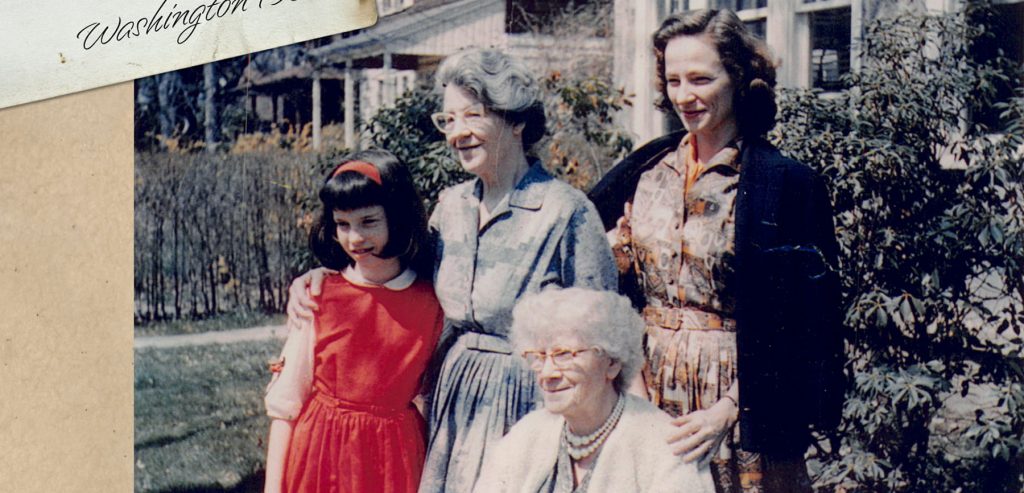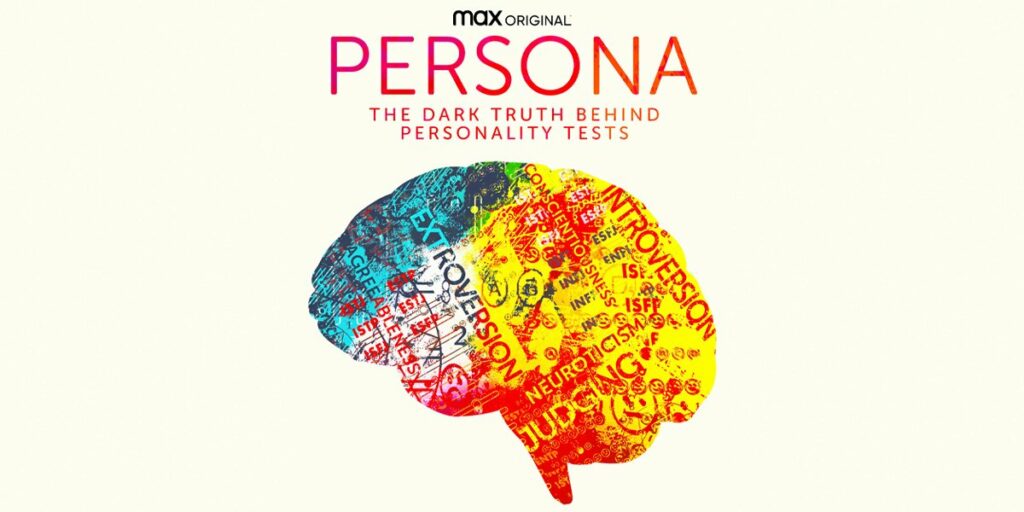Persona: The Dark Truth Behind Personality Tests takes a scattered approach, but still manages to raise the right questions on a complex, timely issue.
It was 2017 when I stumbled upon a website with appealing graphics and pastel-coloured slogans that promised to reveal my personality type, the knowledge of which would enable me to understand my strength and weaknesses, grow into a better person and improve my personal and professional life. Intrigued, I enjoyed filling out a user-friendly, eye-catching questionnaire that quickly revealed that I was an “Architect” — a “strategic thinker” with the Introverted, Intuitive, Thinking, and Judging (INTJ) personality traits.
Not only did this mean that I was an introvert, which I already knew, but also that I relied on intuition to gather information on the world around me, that I favoured rationality over emotion when making choices, and that I was goal-oriented rather than spontaneous. (If you’re interested in taking a test too, we recommend PersonalityData, which only takes 10 minutes to complete and gets you a full personality profile at the end, free of charge).
As I kept reading through the many sections of my test results, I marvelled at how accurately they seemed to portray me, and I was intrigued to discover that I shared a personality type with figures that ranged from Friedrich Nietzche and Michelle Obama to Lord of the Rings‘ Gandalf The Grey, The Hunger Games‘ Katniss Everdeen, The Great Gatsby‘s Jay Gatsby and “Sherlock Holmes”‘ Professor Moriarty.
But it was more than that. The test didn’t just accurately put into words certain aspects of my personality: it seemed to understand me more than I understood myself, so much so that I didn’t once stop to consider neither the source of the knowledge nor the implications of this newfound tool being used not only for personal growth, but by employers looking to hire new staff. The Meyers-Briggs test is not just the most popular personality test in the world, but it’s also a tool that’s being used by companies all over the world to scan prospective employees and separate people into categories, based on data that assesses not their professional skills, but their mental state. Tim Travers Hawkins’s (1000 Voices) new HBO documentary Persona: The Dark Truth Behind Personality Tests sets off to explore the origins of a test that, in writer Merve Emre’s words, “reconceived the idea of personality itself”, and to uncover the hidden truth behind its usage in a professional field.

The subject explored by the film is as intriguing as it is broad and complex, and that is perhaps the reason why the documentary often seems to lack direction, taking us on a journey where multiple topics are approached over and over again, but not with enough depth. Which is not surprising, considering that Persona: The Dark Truth Behind Personality Tests attempts not only to analyse the darker aspects of companies using the test as a professional tool to scan prospective employees, but also to shed light on how the test came to be, to provide insight on the women who developed it, to explore the reasons why it became an internet sensation with bloggers, youtubers and dating sites, to tackle the theme of mental health, and to tell the personal stories of a selection of scholars, writers, public speakers, people with disabilities, victims of the testing system, and students attending a course to become better test takers — all while proving that the test was designed to be ableist, sexist, classist and racist.
By giving voice to so many people, discussing so many different aspects of the same subject, and, at the same time, not letting the employers that use the test share their experiences, Persona: The Dark Truth Behind Personality Tests paradoxically feels both too long, as it keeps going back to the same subjects, and not long enough, as it never explores any of its themes with enough depth to truly make a mark.
Yet, thanks to the insight offered by its key players (Scholar, author and professor Merve Emre, mathematician Cathy O’Neil, disability justice advocate Lydia X.Z. Brown, executive coach Ben Dattner, YouTuber Frank James, Susan Cain, author of “Quiet: The Power of Introverts in a World That Can’t Stop Talking“, and Kyle Behm, a young man with bipolar disorder made unemployable by personality tests, among others), Persona still manages to raise enough questions to make us interested in its fascinating subject.
By beginning to delve into the many sides of the issue, the film inspires us to change our approach to a personality test that was designed by a mother and a daughter who had no training in psychology, and who never meant for it to be used as a way to “separate winners from losers”, as O’Neil puts it.

Perhaps the most interesting piece of insight the documentary has given me lies in the Carl Jung quote that serves as its opening shot — “The world will ask you who you are, and, if you don’t know, the world will tell you”. It’s human beings’ innate desire to belong to something that made Katherine and Isabel Briggs-Meyers develop the test in the first place, and it is that very same need that drives so many people to spontaneously take the test and realise that they’re not alone with their feelings and quirks. After watching the film, I couldn’t help myself and took the test one more time. Even with my newfound knowledge on its origins and applications, I was surprised when it classified me no longer as an Architect, but as a Defender (ISFJ), and thrilled to share a personality with none other than Queen Elizabeth II, Beyoncé, MCU’s Captain America, and Pirates of the Caribbean‘s Will Turner. Perhaps the best lesson to learn from Persona: The Dark Truth Behind Personality Tests is that, even when we feel at our worst, we are never alone. There are others out there, just like us, who are asking the world to tell them who they are, even if they sometimes use the wrong tools to find out.
Persona: The Dark Truth Behind Personality Tests is now available to stream on HBO Max.

